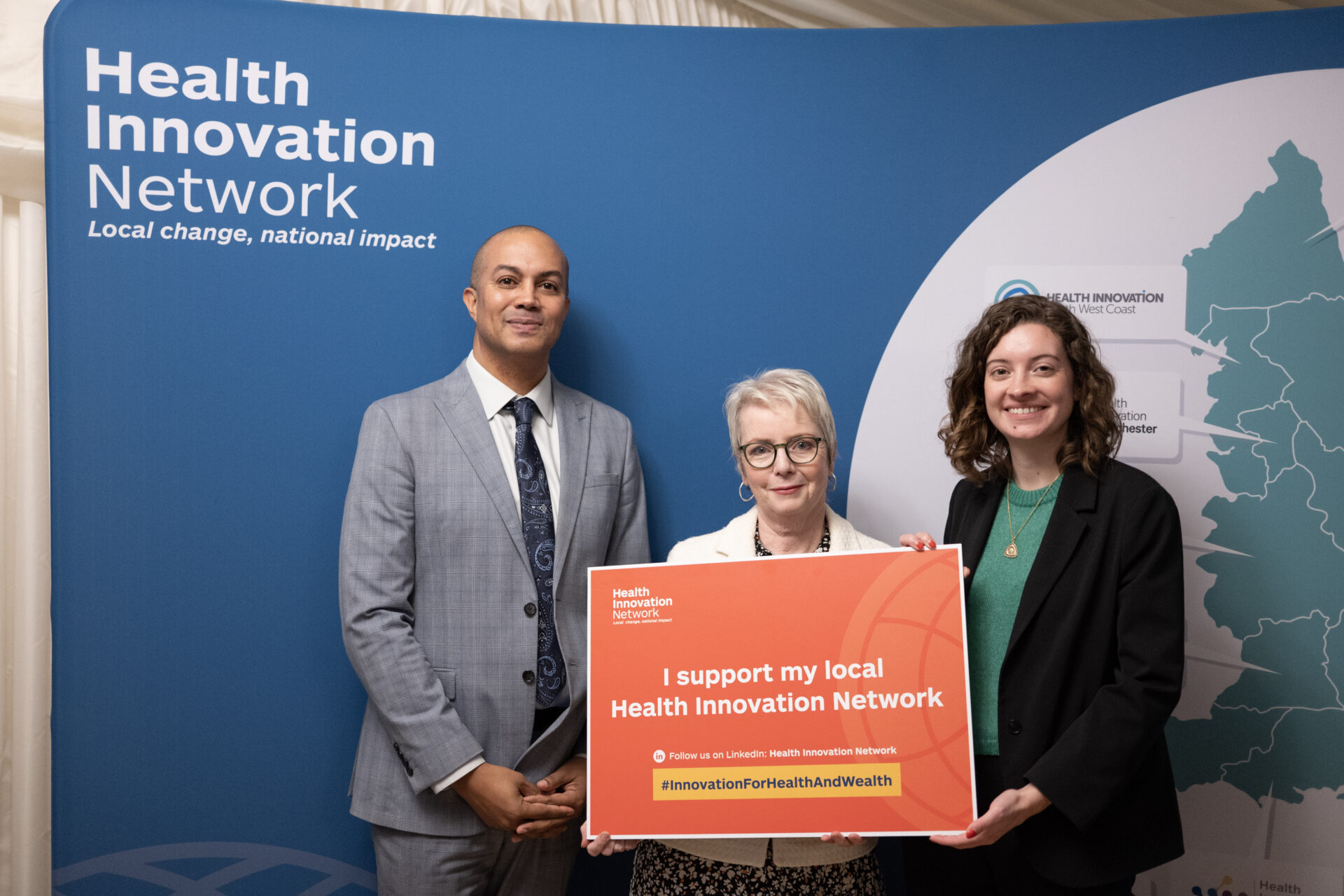The UK Government recently published its Life Sciences Vision, which sets a 10-year strategy for the sector to solve some of the biggest healthcare challenges of our generation, including cancer, dementia and using innovation to help build out of the coronavirus (COVID-19) pandemic.
As the innovation arm of the NHS in England, and the link between life science industry and the NHS, the AHSN Network is pleased to see the role of innovation in health and care marked.
The new vision outlines seven critical healthcare missions that the Government, industry, the NHS, academia and medical research charities will work together at speed to solve.
These missions will focus on preventing, diagnosing, monitoring and treating disease early; using innovative clinical trials to develop breakthrough products and treatments quickly to help save lives; and accelerating the development and adoption of new drugs, diagnostics, medical technology and digital tools.
Gary Ford, Chair of the AHSN Network and Chief Executive of Oxford AHSN said: “We welcome the publication of the UK Life Sciences Vision and its bold plans to accelerate the delivery of innovations to patients, build on coronavirus successes, and its mission-led approach to solve some of the biggest healthcare problems of our generation.
“AHSNs are already leading work in some of the areas identified by the vision, including our three new national programmes. We’re also delighted that the importance of life sciences and innovation are being recognised in this way.”
National programmes
During the pandemic, the AHSN Network launched three new national programmes working across areas identified within the Life Sciences Vision.
The Lipid Management and Familial Hypercholesterolaemia national programme supports primary care in the prevention and management of cardiovascular disease.
As part of this programme, we have just launched a two-year Child-Parent Screening pilot to identify youngsters at risk of early heart disease. Funded by NHS England and Improvement, the pilot will involve a number of GP practices across seven areas in England offering a heel prick blood test during children’s routine immunisation appointment, which usually happens between the age of one and two.
Addressing two key areas in mental health, in April 2020 the Network launched the Early Intervention Eating Disorders and Focus ADHD national programmes.
The Early Intervention Eating Disorders programme supports mental health teams across England to speed up diagnosis and treatment of eating disorders in young people aged 16 to 25. Whilst the Focus ADHD programme works with mental health trusts and community paediatric services to improve the assessment process for Attention Deficit Hyperactivity Disorder.
Supporting the NHS coronavirus response with innovation
Innovation in healthcare has been essential in the NHS coronavirus response, and the AHSN Network has been central to this. During the pandemic, we pivoted our existing work programmes and redirected our support to the pandemic response, working closely with health and care, and industry partners to support the spread and adoption of cutting edge innovation and technology.
Remote patient monitoring and remote consultations have formed a significant part of the response, including our ‘COVID Oximetry at Home’ initiative, which is now recommended by the World Health Organisation as part of a package of care.
The importance of innovation has been recognised throughout the vision, demonstrating AHSNs play a crucial role in supporting the Government’s mission to solve some of the biggest healthcare problems of our generation and tackling the new challenges faced as we emerge from the pandemic. The AHSN Network is committed to supporting this challenge through world-class research and innovation.

The Health Innovation Network is delighted to announce the launch of Innovation Insights, a brand-new webinar series designed to highlight the latest in health innovation, offering attendees valuable insights into the adoption and spread of innovation within the health and care landscape. Each interactive webinar will feature: Expert presentations: Delivered by thought leaders across [...]

The Health Innovation Network, at an event sponsored by Sarah Coombes MP, brought together parliamentarians including Health Minister Karin Smyth MP and Chair of the Science, Innovation and Technology Committee, Chi Onwurah MP to meet with six innovators supported by health innovation networks across the country and their NHS partners. At the Meet the Innovators: [...]

The need for fast-paced innovation in healthcare is widely acknowledged. And ensuring that healthcare innovation is shaped by the people it serves remains a pressing priority – one made all the more evident by the growing emphasis on health equity in the 10 Year Health Plan. Patient voices are often cited as central to healthcare [...]








